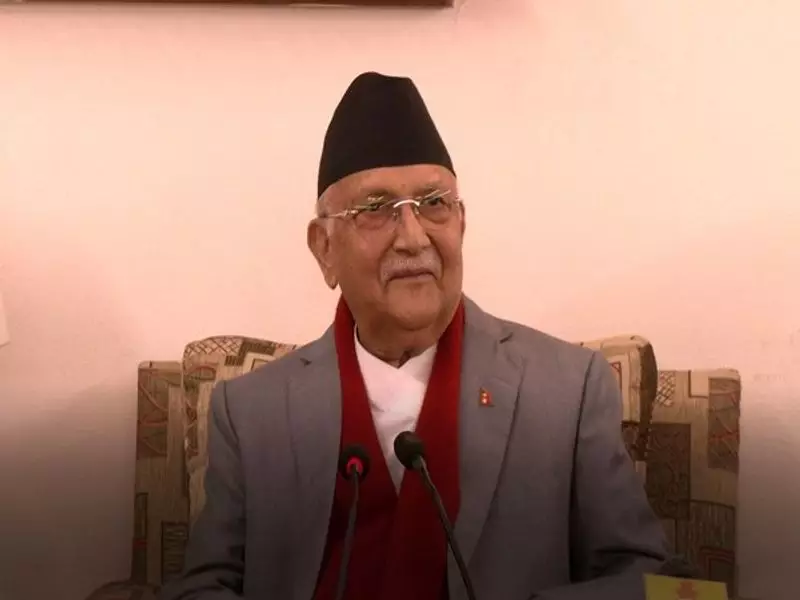
In a dramatic development that has sent shockwaves through Nepal's political landscape, former Prime Minister KP Sharma Oli has made startling allegations against the current government. The prominent political figure claims authorities are actively working to secure his arrest despite lacking sufficient evidence to justify such action.
The Chairman of the CPN-UML party revealed that government agencies have been pursuing legal avenues to detain him, though he maintains they possess no credible proof to support their case. This situation has raised serious questions about the state of democracy and political freedom in the Himalayan nation.
Political Motivations Suspected
Oli, who served as Nepal's Prime Minister until recently, suggested that the move against him appears politically motivated rather than based on legitimate legal grounds. His statements indicate a growing tension within Nepal's ruling coalition and point to potential attempts to sideline opposition voices through questionable means.
The former PM's allegations come at a crucial time in Nepalese politics, where power dynamics remain fluid and coalition governments frequently shift. Observers note that such actions, if proven true, could significantly impact the country's democratic institutions and international reputation.
Implications for Nepal's Democracy
This unfolding situation has broader implications for Nepal's political stability and democratic processes. The attempt to arrest a former head of government without substantial evidence could:
- Undermine public trust in judicial and political institutions
- Create uncertainty among international investors and partners
- Set dangerous precedents for political targeting of opponents
- Potentially destabilize the already fragile coalition government
Political analysts are closely watching how this situation develops, as it may determine the future course of Nepal's democracy and the balance of power among competing political factions.
Regional and International Concerns
The allegations have drawn attention from regional observers and international human rights organizations. Many are concerned about the potential misuse of state machinery against political opponents, a trend that has been observed in several South Asian nations in recent years.
As the situation continues to evolve, the international community remains watchful of how Nepal's government handles this sensitive matter, particularly given the country's strategic importance in South Asian geopolitics.





